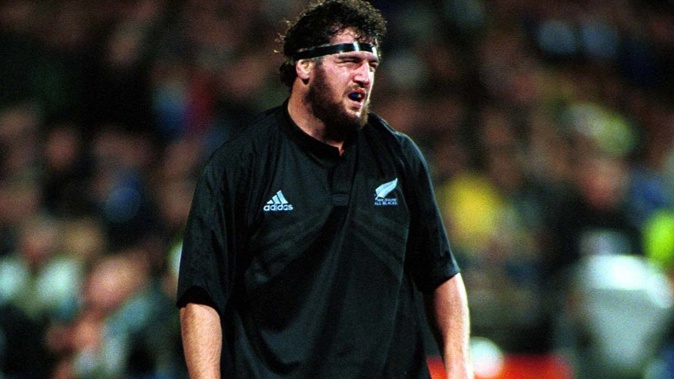
A new study has found that rugby union players have a risk of neurodegenerative disease more than 2.5 times higher than a regular person.
The study, conducted in Scotland, found the risk of a dementia diagnosis was just over twice as high, that of Parkinson's disease was three times as high, and that of motor neurone disease/amyotrophic lateral sclerosis was 15 times as high.
Researchers looked at 412 Scottish international rugby union players, who were then matched for age, sex and socioeconomic status with 1236 members of the public.
The health and survival of the two groups were tracked using different types of medical data for an average of 32 years from the age of 30 onwards.
During the monitoring period, 121 (29 per cent) of the former rugby players and 381 (31 per cent) of the comparison group died. Former rugby players were older when they died, reaching an average of nearly 79 compared with just over 76 in the comparison group.
The authors of the study said that strategies to reduce head impacts and injuries in training and match play are needed.
In recent years, previous studies have uncovered neurological disease uniquely associated with a previous history of traumatic brain injury or repetitive head impact exposure - termed chronic traumatic encephalopathy neuropathologic change (CTE-NC) - in former professional athletes from sports including American football, football and rugby.
Dr Helen Murray, Research Fellow at the University of Auckland Centre for Brain Research, said the study is valuable in New Zealand because of the popularity of rugby and other contact sports, and that overall the findings support the idea that repetitive head injury is a risk factor for a range of neurodegenerative diseases.
/cloudfront-ap-southeast-2.images.arcpublishing.com/nzme/FHABHP7MO734Y7OFZREXGIY2FA.jpg)
Dr Helen Murray, Research Fellow at the University of Auckland Centre for Brain Research wants there to be a similar study applicable to female athletes or non-elite athletes. Photo / Michael Craig
- Former ABs doctor on head injury legal action against World Rugby
- Head injury expert on lawsuit against World Rugby by former players
"The findings of this study emphasise the importance of developing strategies to reduce exposure to head impacts in training and games and to be cautious in our approach to head injury management and return to play," Murray said.
She maintains the next step in the studies is to analyse whether the findings will be applicable to female athletes or non-elite athletes.
"The collection of this data should be a priority as women's sport and amateur sport continues to grow and it is vital that we understand whether the long-term risk of neurodegenerative disease differs in these populations," Murray said.
/cloudfront-ap-southeast-2.images.arcpublishing.com/nzme/ZF3SRUWYKZOT6P2NFZ733QSXLA.jpg)
Rob Burrow (L) celebrates winning the English Super League title with teammate Danny McGuire in 2017. Photo / Getty
/cloudfront-ap-southeast-2.images.arcpublishing.com/nzme/C2WQ2IQTOSI4FH3EIPBTH6J6XU.jpg)
Rob Burrow, who won eight Grand Finals and 20 international caps before being diagnosed with MND in 2019, was made an MBE earlier in 2022. Photo / Getty
Professor Patria Hume, Professor of Human Performance, Auckland University of Technology said the studies are adding weight to the call for a reduction in risk factors for brain diseases – including repeated head impacts in sport.
More than 100 former rugby players this year took legal action against World Rugby and the national governing bodies of England and Wales over what they say was a failure to protect them from permanent injury caused by repeated concussions during their careers.
Many players in the group, which includes former internationals Steve Thompson (England), Carl Hayman (New Zealand) and Alix Popham (Wales), suffer from neurological impairments such as early onset dementia, CTE (chronic traumatic encephalopathy), epilepsy, Parkinson's disease and motor neurone disease.
Take your Radio, Podcasts and Music with you









